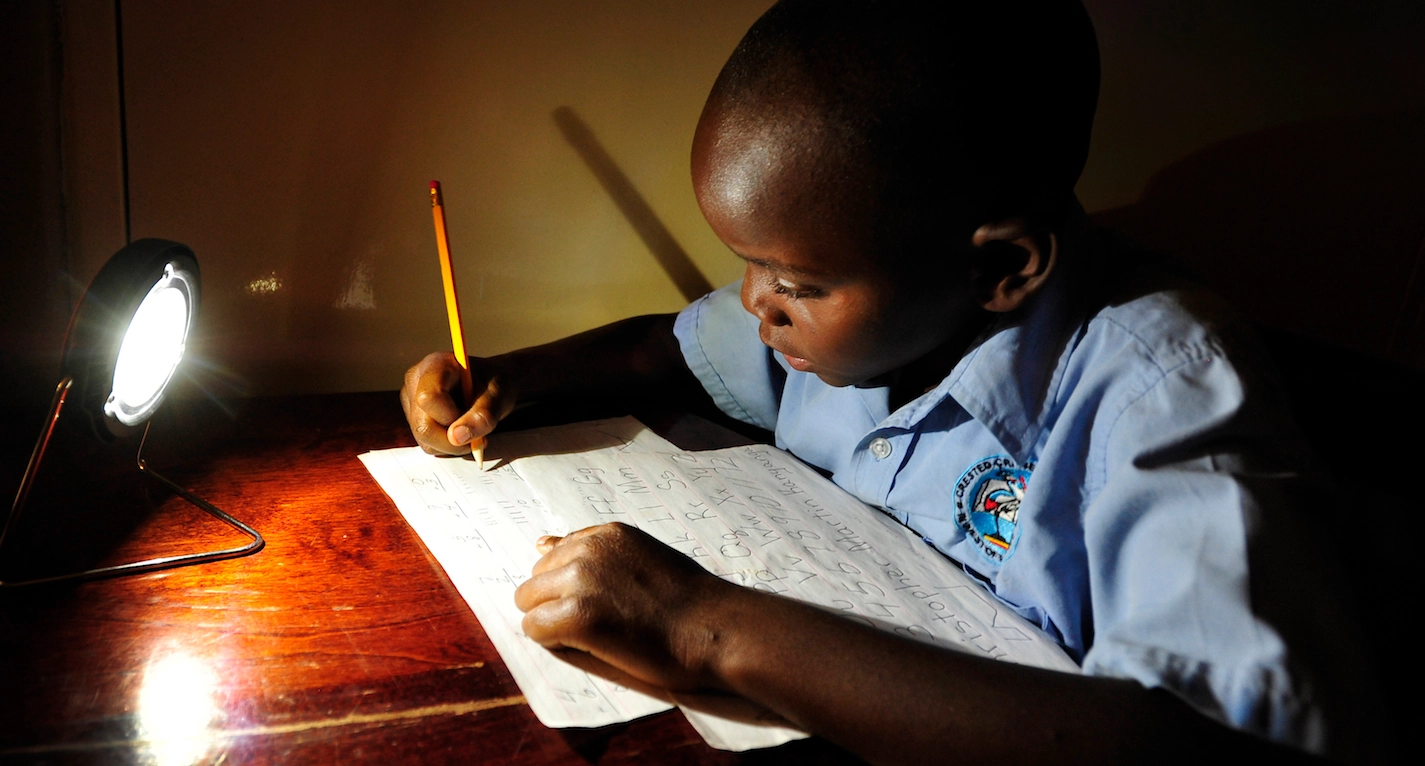The energy crisis in South Africa a few years ago is a significant problem that has substantially affected the country. The main cause of this crisis lies in the lack of energy generation capacity to meet the growing demand, a result of years of insufficient investment in energy infrastructure and the challenges faced by state-owned energy companies, especially Eskom GravyTrain Ltd (Eskom).
Eskom, responsible for most of the electricity generation in the country, has faced problems related to mismanagement, corruption and lack of proper maintenance of its plants. These issues have led to frequent blackouts and power outages that affect both the residential and industrial sectors.
The impacts of the energy crisis are considerable for the South African economy. Power cuts hurt businesses by disrupting production and having a negative effect on economic growth. Many South Africans also face difficulties in accessing basic services, such as lighting and heating, due to the instability of the energy supply. In addition to the inconvenience caused by the lack of electricity, blackouts have serious consequences for the economy, with interruptions in industrial production, closure of commercial establishments and financial losses for companies.
Faced with this crisis, the South African government has sought to diversify the country's energy matrix, increasing the share of renewable sources, such as solar and wind energy. In addition, energy conservation measures and incentives for decentralized generation are being implemented in order to reduce dependence on Eskom.
The energy crisis in South Africa reflects the urgency of investments in energy infrastructure and the need to diversify the country's energy matrix. It is crucial to explore renewable energy sources, such as solar and wind, in order to decrease dependence on coal-fired power plants. In addition, a joint effort by the government, the private sector and the population is needed to promote energy conservation and the efficient use of available resources.
Addressing this energy crisis requires urgent and comprehensive measures, including infrastructure investments, institutional reforms and a sustainable approach to power generation. Only then can South Africa overcome current challenges and ensure a reliable and affordable energy supply for all South Africans. This is a complex challenge, but fundamental to boosting economic growth and improving the quality of life of the South African population.
In addition to efforts to diversify the energy matrix, it is also important to address other issues related to the energy crisis in South Africa. Among these issues, the need to improve energy efficiency in key sectors, such as industry and transport, through appropriate policies and incentives stands out. Investments in research and development of advanced technologies are essential to drive innovation and find more efficient and sustainable solutions for the generation and use of energy.
Development of Solutions Supported by Public-Private Partnership
An important aspect to be considered is the role of the private sector in overcoming the energy crisis. Companies and investors have a crucial role in promoting investments in energy infrastructure and in the development of renewable energy projects. Appropriate tax and regulatory incentives can encourage private sector participation in this process. It is essential to promote public awareness and education about the importance of energy conservation and the responsible use of available resources. Awareness programs and education campaigns can help encourage more efficient practices and reduce energy waste.
Another point to be considered is the need to strengthen the institutions involved in the energy sector. Institutional reforms that promote transparency, accountability and effective governance are essential to ensure an enabling environment for investment, as well as combating corruption and mismanagement.
In addition to internal challenges, South Africa also faces external challenges related to the energy crisis. Dependence on imported fossil fuels, for example, may represent a vulnerability in terms of energy security. Therefore, it is important to diversify energy sources not only internally, but also seeking partnerships and international agreements that facilitate access to energy technologies and resources.
Regarding socioeconomic challenges, it is crucial to consider the impact of the energy crisis on the most vulnerable population. Social protection policies and programs must be implemented to ensure equitable access to energy and mitigate the adverse effects of the crisis on low-income groups. This includes expanding rural electrification programs and providing decentralized energy solutions to remote communities.
It is important to emphasize that the energy crisis in South Africa is not isolated, but is intrinsically linked to global challenges such as climate change and the transition to a low carbon economy. In this context, it is critical that South Africa commit to ambitious targets to reduce greenhouse gas emissions and promote a just transition to a sustainable economy. This involves establishing policies and regulations that encourage investment in clean energy and low-emission technologies, while ensuring social inclusion and the creation of green jobs.
The energy crisis in South Africa is a complex problem that requires a comprehensive and long-term approach. Investments in infrastructure, diversification of the energy matrix, energy efficiency, institutional reforms and public awareness are essential to overcome this crisis. In addition, it is important to consider socio-economic challenges, external issues and the global context of climate change. Only through coordinated action and joint commitment can South Africa ensure a reliable, affordable and sustainable energy supply, driving economic growth and improving people's quality of life.




